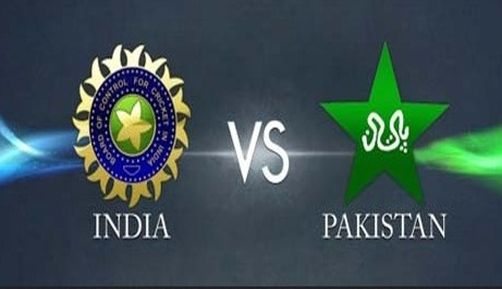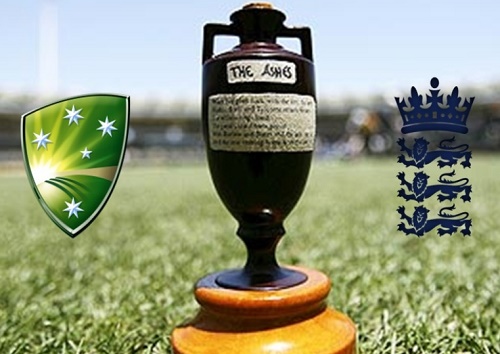
The India–Pakistan cricket rivalry is one of the most intense sports rivalries in the world. The arch-rival relations between the two nations, resulting from the extensive communal violence and conflict that marked the Partition of British India into India and Pakistan in 1947 and the subsequent Kashmir conflict, laid the foundations for the emergence of an intense sporting rivalry between the two nations who had erstwhile shared a common cricketing heritage. The first Test series between the two teams took place in 1951–52, when Pakistan toured India. India toured Pakistan for the first time in 1954-55. Between 1962 and 1977, no cricket was played between the two countries owing to two major wars in 1965 and 1971. The 1999 Kargil War and the 2008 Mumbai terrorist attacks have also interrupted cricketing ties between the two nations. The growth of large expatriate populations from India and Pakistan across the world led to neutral states like the United Arab Emirates and Canada hosting several bilateral and multilateral ODI series involving the two teams. Tickets for the India-Pakistan match in the 2015 World Cup in Australia sold out in 12 minutes after they went on sale. Players in both teams routinely face intense pressure to win, and are threatened by extreme reactions in defeat. Extreme fan reactions to defeats in key matches such as in the ICC Cricket World Cup have been recorded, with a limited degree of violence and public disturbances. At the same time, India-Pakistan cricket matches have also offered opportunities for cricket diplomacy as a means to improve relations between the two countries by allowing heads of state to exchange visits and cricket followers from either country to travel to the other to watch the matches.
The Ashes is a Test cricket series played between England and Australia. The Ashes are regarded as being held by the team that most recently won the Test series. If the test series is drawn, the team that currently holds the Ashes retains the trophy. The term originated in a satirical obituary published in a British newspaper, The Sporting Times, immediately after Australia's 1882 victory at The Oval, their first Test win on English soil. The obituary stated that English cricket had died, and "the body will be cremated and the ashes taken to Australia". The mythical ashes immediately became associated with the 1882–83 series played in Australia, before which the English captain Ivo Bligh had vowed to "regain those ashes". The English media therefore dubbed the tour the quest to regain the Ashes. After England had won two of the three Tests on the tour, a small urn was presented to Bligh by a group of Melbourne women including Florence Morphy, whom Bligh married within a year. The contents of the urn are reputed to be the ashes of a wooden bail, and were humorously described as "the ashes of Australian cricket". It is not clear whether that "tiny silver urn" is the same as the small terracotta urn given to the MCC by Bligh's widow after his death in 1927. The urn has never been the official trophy of the Ashes series, having been a personal gift to Bligh. However, replicas of the urn are often held aloft by victorious teams as a symbol of their victory in an Ashes series. Since the 1998–99 Ashes series, a Waterford Crystal representation of the Ashes urn (called the Ashes Trophy) has been presented to the winners of an Ashes series as the official trophy of that series. Irrespective of which side holds the tournament, the urn remains in the MCC Museum at Lord's; it has however been taken to Australia to be put on touring display on two occasions: as part of the Australian Bicentenary celebrations in 1988, and to accompany the Ashes series in 2006–07. An Ashes series is traditionally of five Tests, hosted in turn by England and Australia at least once every two years. Australia and England have won 32 series each and five series have been drawn.

